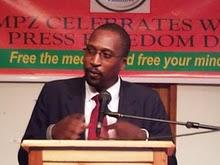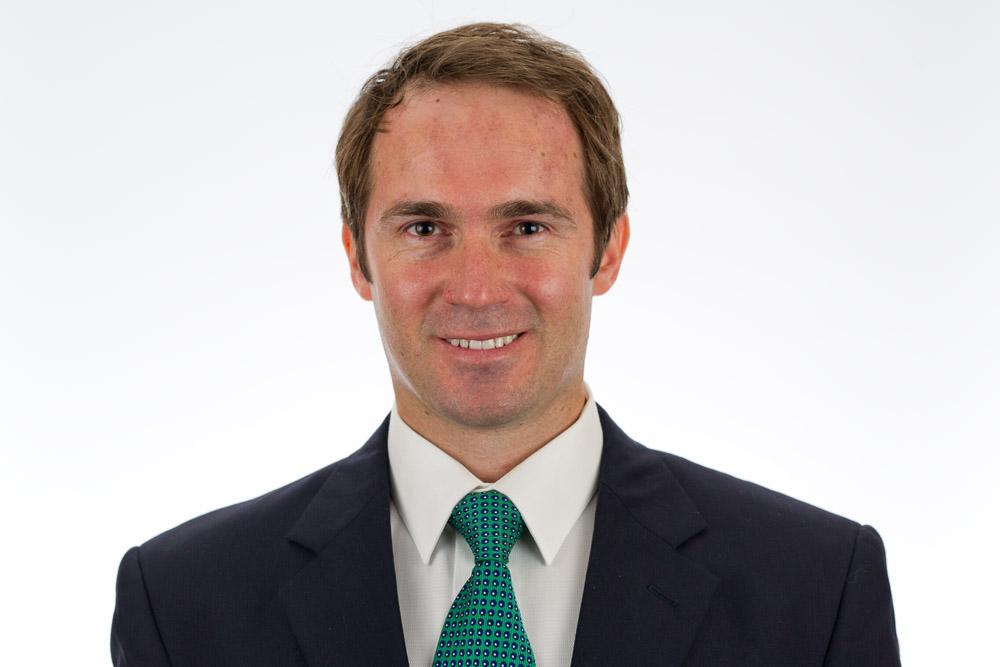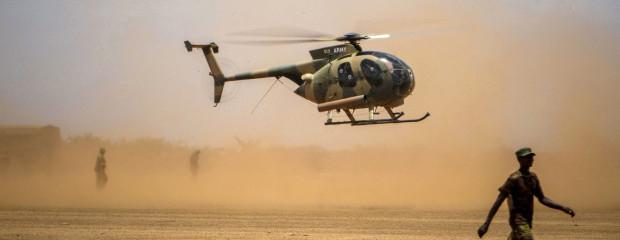The SADC season is upon us, again — by Takura Zhangazha

 A few days before the 31st Ordinary SADC Summit of heads of state and government in Luanda, Angola on 16 August 2011, Zimbabwe and its government leaders are preparing themselves for their almost quarterly slanging match in another country which is not theirs. Now there are assumedly many pragmatic reasons for why this is so. SADC being the guarantor of what is known as the 2008 Global Political Agreement (GPA) has a mandate to review progress of the same, even though it has stressed that being “˜guarantor’ does not imply ownership of the agreement. The GPA is in fact owned by the political parties that now comprise the inclusive government. The general impression given by party statements and media reports is that at this latest scheduled summit, when it comes to Zimbabwe, matters relating to the electoral roadmap, media reform, sanctions, security services reform and constitutional reform will be tabled by the three principals.
A few days before the 31st Ordinary SADC Summit of heads of state and government in Luanda, Angola on 16 August 2011, Zimbabwe and its government leaders are preparing themselves for their almost quarterly slanging match in another country which is not theirs. Now there are assumedly many pragmatic reasons for why this is so. SADC being the guarantor of what is known as the 2008 Global Political Agreement (GPA) has a mandate to review progress of the same, even though it has stressed that being “˜guarantor’ does not imply ownership of the agreement. The GPA is in fact owned by the political parties that now comprise the inclusive government. The general impression given by party statements and media reports is that at this latest scheduled summit, when it comes to Zimbabwe, matters relating to the electoral roadmap, media reform, sanctions, security services reform and constitutional reform will be tabled by the three principals.
By Takura Zhangazha
Once again SADC will look to the facilitator, President Zuma, for a collective way forward on these matters. And once again, we will be told to “˜finalise’ all outstanding issues before the next SADC Troika meeting. This is not before Zanu Pf tries to get the summit to replace President Zuma as facilitator on the basis that he is the incoming SADC Troika Chairperson, who if precedence is considered, is the initial port of call for any complainants about the facilitation of the GPA. It is highly unlikely that this will be successful, save for causing an increase in political tension between the ANC and Zanu Pf parties.
I could try and predict further developments at the summit, but that would be stretching it, and in any event, there shall be numerous other colleagues and analysts who shall be quoted in the media as to its likely outcome. So the main purpose of this article is to place into context what can only be described as the embarrassing quarterly event of having the Zimbabwean government explaining itself, not to its citizens, but to the leaders of other people.
Because our leaders in the inclusive government, though they may not be our individually preferred ones, have to be made to account to us before they “˜jet’ off to try and outwit each other before their own peers, it is necessary to place into perspective what issues they have not fully explained to us, the people of Zimbabwe.
In the first instance, the inclusive government has not publicly explained to us the full functions of the not so new National Security Council (NSC) and why the latter does not meet regularly, let alone why it does not publicly explain its role. Neither has the President nor the Prime Minister indicated what structural issues must be addressed by the NSC. Instead what we have had via press reports are slanging matches either in defense or reprimand of individual army personnel. It is rather mysterious as to why a mere general can cause either the President to begin to speak on behalf of the entirety of the defence forces or the Prime Minister to address him directly, when there is the NSC and the Ministry of Defence. But these are issues that the inclusive government has decided to take to SADC.
In the second instance, the inclusive government has been politicizing the COPAC process which is supposed to effectively become the electoral road map. The current narrative of COPAC is fundamentally about money for various processes that the public has little knowledge of, while at the same time others in the inclusive government are literally indicating that after all is said and done, a new constitution will be negotiated by the now four political parties in the inclusive government. And where all political principals to the GPA indicate that they are not happy with the pace of COPAC, they have not demonstrated any urgency on resolving the time-costing disputes. All that is continually referred to is the vague process of “˜uploading’ one thing or the other to a disputed database.
In the third instance, there is continued lack of clarity on the issues of media reform, the human rights commission, electoral reform, not for SADC, but to the people of Zimbabwe. At first the arguments in all of the three mentioned reform areas were about personalities and their assumed political affiliation. Then the arguments were about which ministry controls what, and now it is disputation around the contents of proposed bills particularly with regards to the Human Rights Bill. Indeed, in most of the disagreements there is the argument of the old against the new, and normally this is personified in the two main protagonists, Zanu PF and MDC T. Either way, there has been no clear explanations from the Ministries responsible in each of these areas as to the nature of progress on the issues at hand and the meaning of that progress to the Zimbabwean public. Each party to the inclusive government is now increasingly seeking the easier alternative, which is partisan, competitive and characterized by waiting to fawn before SADC and get their way at the expense of the other.
In the final instance, in all of this, the much vaunted “˜government oversight and accountability role’ of the Parliament of Zimbabwe is nowhere near being people/constituency centered when it comes to critical national issues such as constitutional reform, the National Security Council, electoral reform and media reforms. Of course our Honourable Parliamentarians will inform us that they have held public hearings and public meetings under the auspices of either COPAC or another relevant portfolio committee. This is well and good, but it is thoroughly inadequate if Parliament is to play its oversight role. It rarely sits for full sessions. Where it does, motions are couched in the partisan language of respective political parties and principals and not in the public interest.
So, as it is, the SADC season is upon us. Our leaders will go to Angola, make their cases and come back with an answer that, as in the aftermath of previous summits, encourages them to run their country, our country, Zimbabwe. Except that after Angola, I am certain, the people of Zimbabwe will tell them, “˜ask us first! It’s our country too!’
Takura Zhangazha is the Executive Director of the Voluntary Media Council of Zimbabwe (VMCZ)





